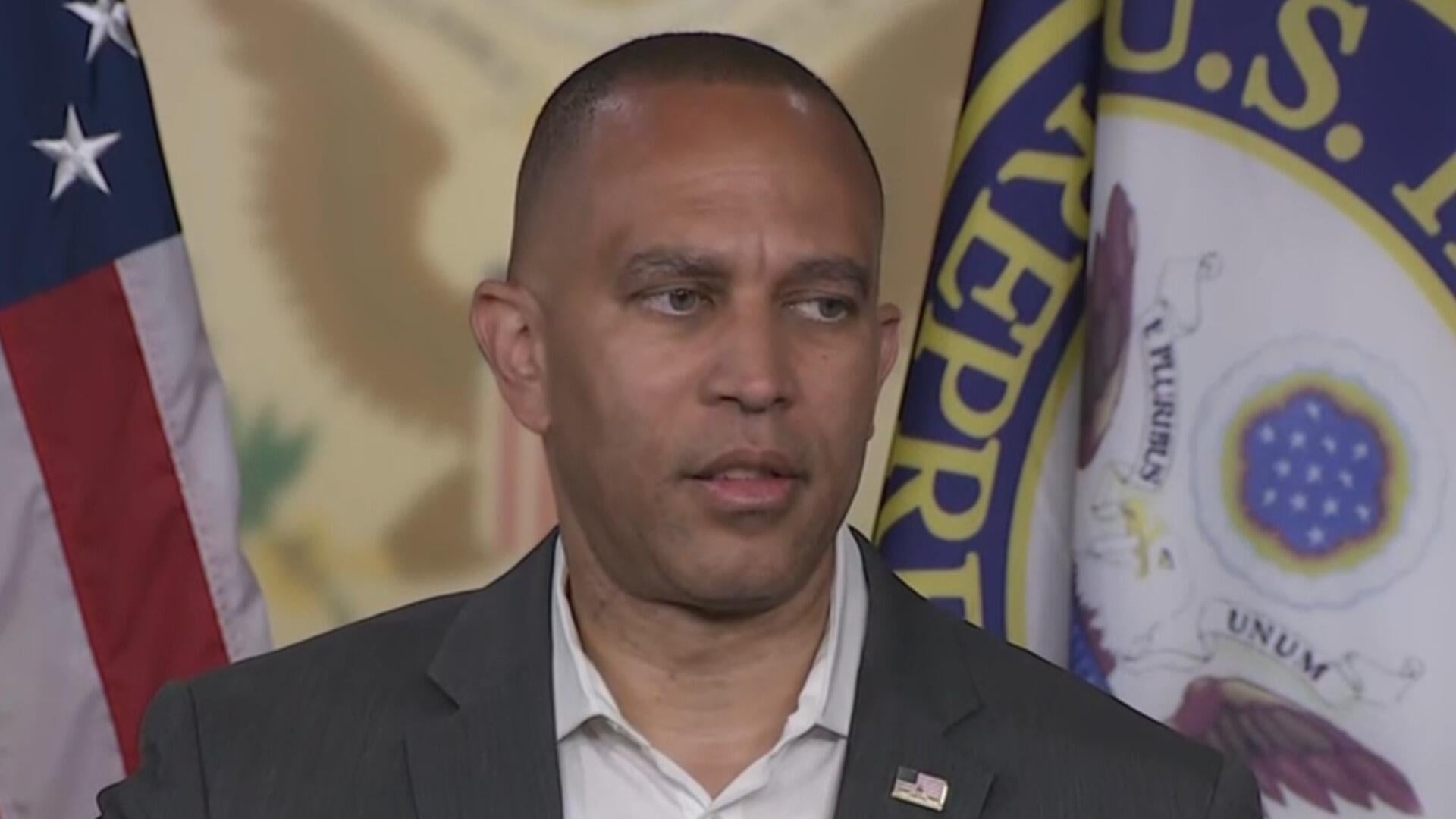Articles in this Cluster
24-06-2025
The article examines whether President Trump had legal authority to order strikes on Iranian nuclear sites without prior congressional approval. Under the Constitution, Congress declares war (Article I), while the president is commander in chief (Article II). Legal experts note presidents can use limited force under Article II for anticipated attacks or important national interests, such as preventing nuclear proliferation. Several scholars say Trump had some authority for isolated strikes, though at least one argues there was no imminent attack to justify them. Historically, presidents of both parties (Clinton, Obama, Trump, Biden) have conducted strikes without explicit congressional authorization, and Congress has often acquiesced. The War Powers Resolution requires consultation “in every possible instance” and notification within 48 hours; critics say Trump did not meaningfully consult Congress beforehand, though the administration says it made courtesy calls and complied with notification rules. The piece concludes that precedent and Article II support limited unilateral action, but the scope and consultation duties remain contested.
Entities: President Donald Trump, Iran, Article II, Article I, War Powers Resolution • Tone: analytical • Sentiment: neutral • Intent: analyze
24-06-2025
President Trump’s weekend strikes on Iranian nuclear sites ignited a bipartisan push in Congress to reassert war powers and require authorization for force against Iran. Despite multiple war powers resolutions and broad opposition to entering a conflict with Iran, House Speaker Mike Johnson called the effort moot after Trump announced an Israel-Iran ceasefire and argued presidents have long used Article II authority for imminent threats. Democrats, including Hakeem Jeffries and Chuck Schumer, criticized the administration for providing only cursory notifications and no evidence of an imminent threat, requesting classified briefings. The administration plans to brief lawmakers, while the Senate may vote on a similar resolution introduced by Sen. Tim Kaine.
Entities: Donald Trump, Iran, U.S. Congress, War Powers Resolution, Mike Johnson • Tone: analytical • Sentiment: neutral • Intent: inform
24-06-2025
An early Defense Intelligence Agency assessment indicates U.S. strikes on three Iranian nuclear sites, including Fordo, set Iran’s enrichment program back only a few months, contradicting President Trump’s claim that it was “obliterated.” The White House disputed the report, asserting a key facility was destroyed. Iran signaled it will continue uranium enrichment, with officials saying operations were prepared to minimize disruption. Independent analysts reviewing satellite imagery also found significant but limited damage, noting Iran’s nuclear know-how cannot be eliminated by strikes. A planned Senate briefing was postponed, and lawmakers pressed for clarity on next steps and proliferation risks.
Entities: Defense Intelligence Agency, United States, Iran, Fordo, White House • Tone: analytical • Sentiment: neutral • Intent: inform
24-06-2025
President Trump declared a ceasefire between Israel and Iran “in effect” after publicly rebuking both sides over alleged truce violations and warning Israel against renewed strikes. The truce followed 12 days of escalating attacks, including U.S. participation in strikes on Iranian nuclear facilities and Iran’s missile response against a U.S. base in Qatar, which was intercepted. Following calls between U.S. and Israeli officials and Qatari mediation with Iran, Netanyahu agreed in principle to a ceasefire and paused further Israeli strikes after a radar site near Tehran was hit. Casualty estimates vary, with Iran reporting hundreds killed by Israeli strikes and Israel reporting dozens killed by Iranian attacks. Trump said Iran gave advance notice of its retaliatory strikes, and analysts described Iran’s response as calibrated to avoid further escalation.
Entities: Donald Trump, Israel, Iran, Benjamin Netanyahu, United States • Tone: analytical • Sentiment: neutral • Intent: inform
